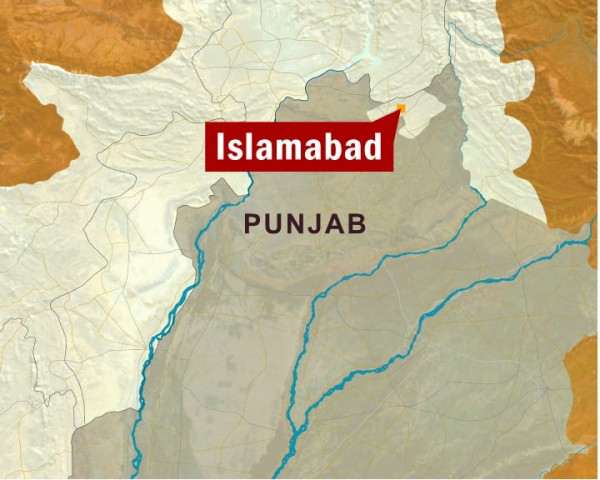Water seminar: Experts call for Kabul-Islamabad water treaty
Lack of water security and dwindling supplies could fuel future conflicts, experts warn.

For a country whose water availability per capita has plummeted by 78.4% over the past six decades, Pakistan needs to plan aggressively to avoid threats to food security that may arise due to water disputes, said participants at a seminar on Tuesday.
A key recommendation for that is to sit with Afghanistan and chalk out a plan to enter into a water treaty between the two countries, water experts said while addressing a conference titled ‘Regional Water Governance: Facing Scarcity, Enhancing Cooperation’ organised by Leadership for Environment and Development (LEAD) Pakistan and funded by the French Embassy.
Sit with Kabul
Former federal secretary of water and power Ashfaq Mahmood said it was the right time for Islamabad to sit with Kabul and form a water treaty or else it will be too late.
In the past, Pakistan did try to bring Afghanistan to the negotiating table to chalk out some mechanism to ensure a win-win situation for both the countries, Mahmood said.
But the Kabul administration excused itself by saying it was working to frame its own national water policy and it was not possible to initiate talks until that policy is complete, he said.
Capacity-building
One of the suggestions at the conference was to carry out a capacity audit of water-related institutions. It was proposed that an institution like the Indus River System Authority (Irsa) be set up for Pakistan and Afghanistan to deal with water issues.
“We need to have people in Pakistan and Afghanistan who say: ‘This is our river, not yours, not mine’,” said former Wapda chairman Shamsul Mulk. In the field of water, “sub-optimality is not an option,” he said.
Speaking at the conference, CEO LEAD Pakistan Ali Tauqeer Sheikh said that a water treaty between Pakistan and Afghanistan is extremely necessary to avoid future conflicts. The Pakistani civil society has a role to play in the process, he said, adding that the country “need[s] to develop a water security management plan and train the next generation of water diplomats and leaders.”
Sheikh was seconded by adviser on climate affairs Dr Qamaruz Zaman Chaudhry who said that public awareness was needed to underscore the importance of conservation and sustainable use of water resources.
Frederic Bessat, from the French Embassy, encouraged the experts to think about a possible “joint, multi-disciplinary, scientific fact-finding working group” on Pak-Afghan cooperation.
The consensus at the seminar was that Pakistan should push Afghanistan to form a water treaty, not only to avoid future water conflicts but also to draw on alternatives if Indus supplies fall short.
Experts said that Pakistan’s great concerns right now should be the lack of water security, which is adversely affecting its people and economy.
Published in The Express Tribune, November 2nd, 2011.



















COMMENTS
Comments are moderated and generally will be posted if they are on-topic and not abusive.
For more information, please see our Comments FAQ